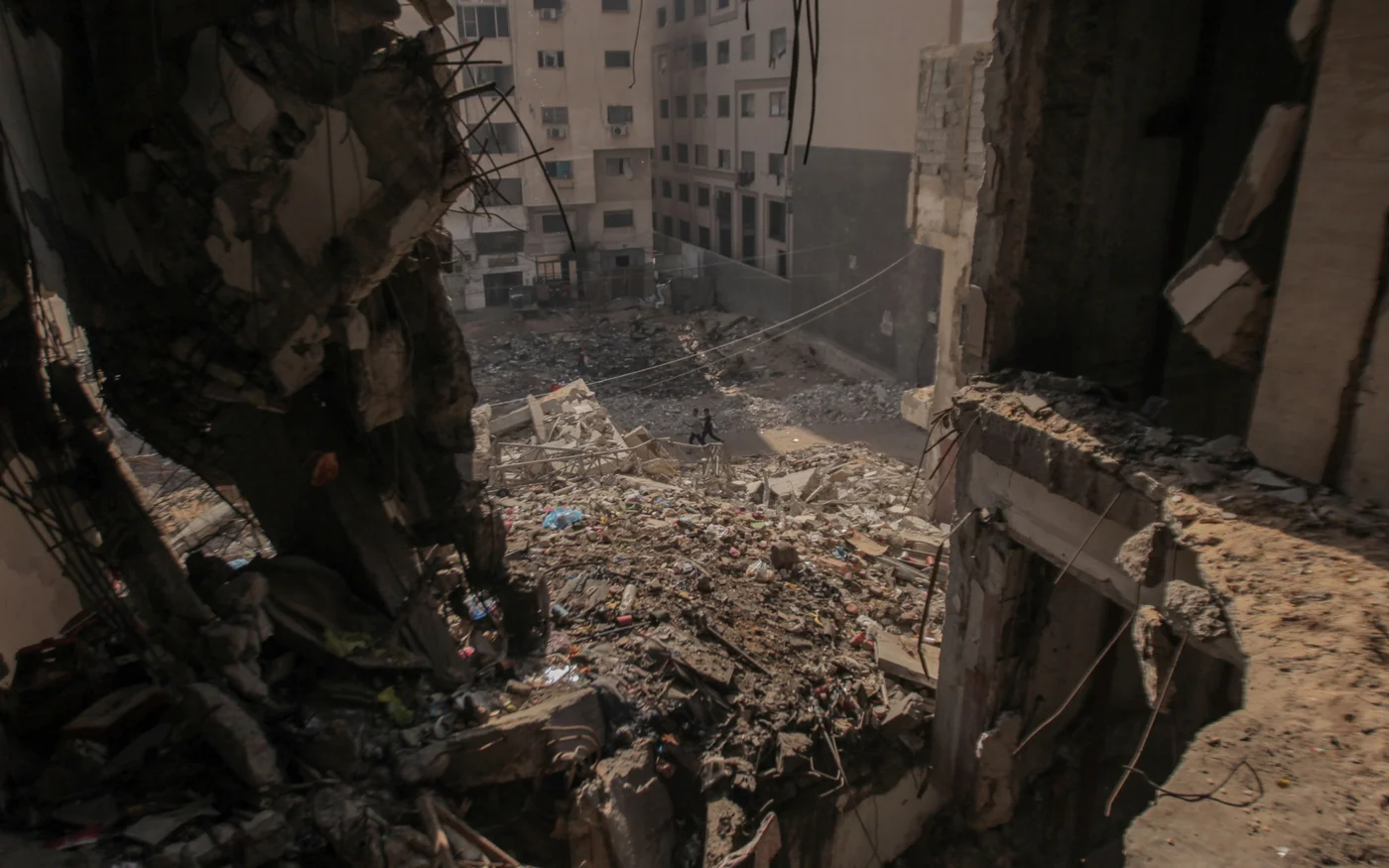The United States’ special envoy for Syria, Barrack, has described Lebanon as “a failed state,” reflecting increasing frustration with the country’s stagnant political environment. His comments, made during a recent press briefing in Washington, come amid heightened tensions in the region and underline the US’s steadfast backing of Israel in its ongoing conflicts.
During the briefing, Barrack expressed disappointment with Lebanon’s government, which he accused of failing to provide essential services such as electricity and water. He stated that Lebanon is the only nation in the region not aligning with what he referred to as a new Middle East order. Barrack remarked, “The state is Hezbollah,” suggesting that the militant group has filled the governance void left by a dysfunctional administration.
Barrack emphasized that the responsibility for change lies primarily with the Lebanese people. “America is not going to get deeper involved in the situation with a foreign terrorist organization and a failed state dictating the pace and asking for more resources and more money and more help,” he noted. His stance signals a reluctance from the US to intervene directly in Lebanon’s political turmoil.
Although Barrack claimed that the US would refrain from intervening in regional disputes, he indicated that support would be forthcoming should Israel escalate its military actions towards Lebanon. This statement aligns with the US’s long-standing policy of supporting Israel, particularly in its confrontations with Hezbollah.
The envoy’s comments reflect a broader strategic perspective from the US regarding its allies and adversaries in the Middle East. The implications of labeling Lebanon as a failed state could have lasting effects on international relations in the region, particularly concerning US foreign policy and aid.
As Lebanon grapples with its internal challenges, including economic instability and political paralysis, the US’s position may further complicate the situation. The future of Lebanese governance remains uncertain, with many citizens continuing to suffer from the fallout of ineffective leadership.
The dynamics between the US, Lebanon, and Israel will likely evolve, as regional tensions continue to simmer. The international community will be watching closely to see how these developments unfold in the coming months.







